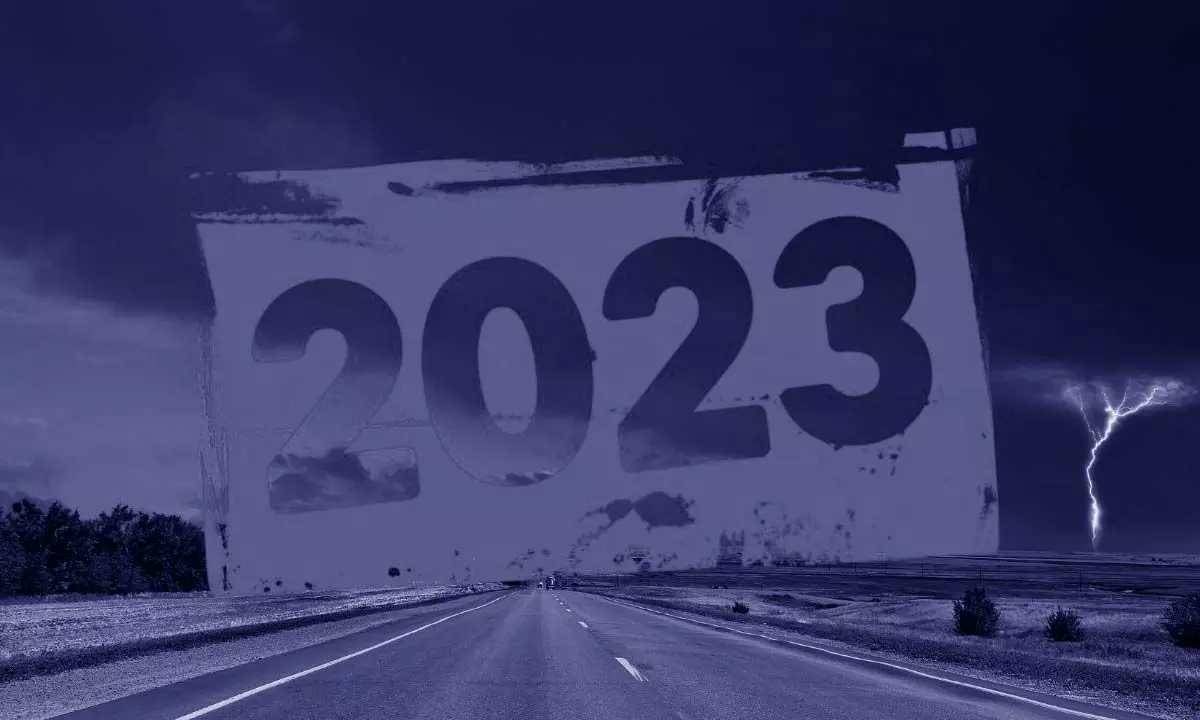Is 2023 going to be worse than 2022?
Gita Gopinath, the first Deputy Managing Director of International Monetary Fund (IMF), said in October that 2023 will be worse than 2022. That remains true till date. Growth will slow.
image for illustrative purpose

Gita Gopinath, the first Deputy Managing Director of International Monetary Fund (IMF), said in October that 2023 will be worse than 2022. That remains true till date. Growth will slow.
In China, the outlook has darkened noticeably. Compared to October, there are downside risks in China from Covid, lockdowns, and property-sector crises. There is weakness in private consumption and weaker mobility. There will be a new forecast for the medium-term growth for China in January. There is a shrinking workforce with weakness in productivity growth that continues to be a major concern. All of these points toward a medium-term growth that's slowing. It used to be 6 per cent, and it is now down to 4.6 per cent, and in January, it will be going lower.
But again going into 2023, we have a broad-based slowdown in the global economy. A few months back, both the IMF and World Bank warned about rising risks of global recession in 2023.Then in September, World Bank said that the world may be edging towards a global recession as central banks across the world simultaneously hike interest rates to combat persistent inflation.
In a new study, the world bank said that the world's three largest economies - the United States, China, and the Euro area (member states of the European Union that have adopted the euro as their currency) - have been slowing sharply, and even a moderate hit to the global economy over the next year could tip it into recession.Last month, the Bank of England had mentioned that it expects five lakh job losses in UK recession.
RBI governor Shaktikanta Das had made optimistic comments, saying that 'India has lower risk of recession.' According to experts, numerous imbalances have developed over the past few decades as a result of misguided monetary policies. The result is the 'everything bubble' - the financially incorrect valuation of assets that is not based on the real economic fundamentals.
This bubble burst in 2022 and in 2023 must be an alignment between the financial economy and the real economy. In other words, many assets will lose value massively in the medium to long term.
Oil is the master resource that runs everything. Prices went down after the US tapped into its strategic petroleum reserve. In September, OPEC+ said enough is enough and introduced production cuts. At the same time US SPR is running low and now stands at a 40 year lowest.
In the next months and into 2023, we can expect oil prices to increase further and thus push inflation higher.
Europe is already hurting a lot from high energy prices. But even when there is demand destruction at a large scale due to the ongoing recession, I don't see energy prices going much lower. There simply isn't enough high-density energy available.
The high energy price hurts not only regular households but also many businesses. Germany, the biggest economy in Europe, is facing deindustrialization. This will have a long-lasting and major impact.Companies both in the US and the EU are planning job cuts. Many businesses which have been running on cheap borrowed money will not be able to pay back their debt due to increasing interest rates, thus ending up bankrupt.

